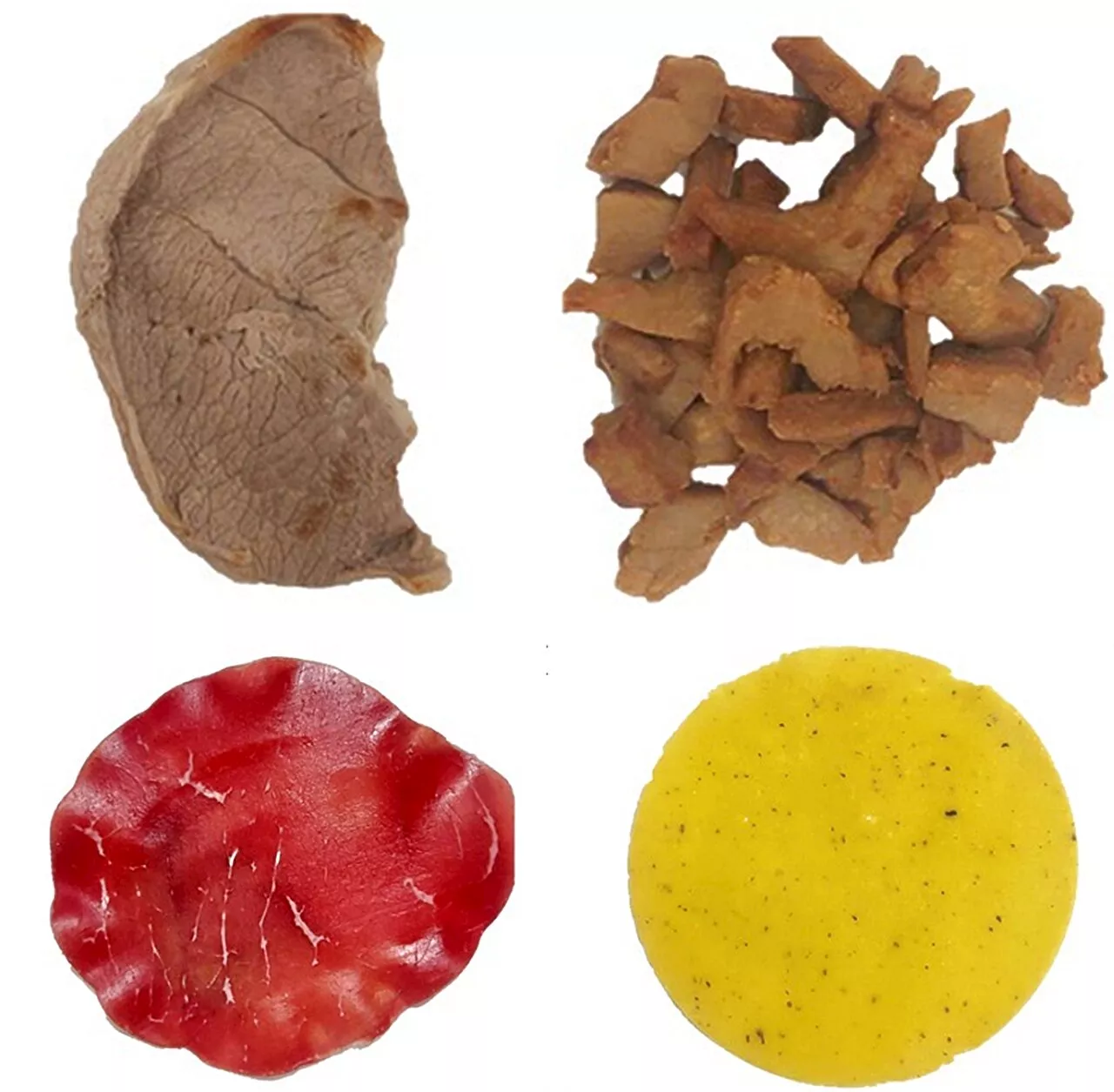Researchers have discovered a new mechanism of oil biosynthesis and found a way to genetically engineer a type of test plant to more efficiently produce different kinds of seed oil that it otherwise wouldn't make.
Discovery of mechanism plants use to change seed oil could impact industrial, food oils." ScienceDaily. ScienceDaily, 30 April 2024. <www.sciencedaily.comWashington State University. . Discovery of mechanism plants use to change seed oil could impact industrial, food oils.
Scientists have engineered duckweed to produce high yields of oil. The team added genes to one of nature's fastest growing aquatic plants to 'push' the synthesis of fatty acids, 'pull' those fatty ... Scientists seeking to unravel the details of how plants produce and accumulate oil have identified a new essential component of the assembly line. They discovered a particular sterol -- a molecule ...
A professor has found a way to boost the production of triacylglycerol -- the main component of vegetable oil -- in plant leaves, a technique that could allow producers to harvest oil from large, ... Found as an ingredient in many processed and packaged foods, palm oil is the most widely consumed vegetable oil. Now, researchers have discovered an unlikely ally for palm oil production: pig-tailed ...
Food And Agriculture Botany Petroleum Energy And Resources Energy Policy Oil Spills Pollution Environmental Issues
United States Latest News, United States Headlines
Similar News:You can also read news stories similar to this one that we have collected from other news sources.
 Scientists 'Couldn't Believe' First of Its Kind Evolutionary AccidentThe researchers said the discovery was 'totally unlike' anything they had ever seen before.
Scientists 'Couldn't Believe' First of Its Kind Evolutionary AccidentThe researchers said the discovery was 'totally unlike' anything they had ever seen before.
Read more »
 Some plant-based steaks and cold cuts are lacking in protein, researchers findMany plant-based meats have seemingly done the impossible by recreating animal products ranging from beef to seafood.
Some plant-based steaks and cold cuts are lacking in protein, researchers findMany plant-based meats have seemingly done the impossible by recreating animal products ranging from beef to seafood.
Read more »
 Researchers reveal sources of black carbon in southeastern Qinghai-Tibet plateauBlack carbon (BC) is the result of incomplete combustion of fossil fuels and biomass, with strong light absorption. It is second only to carbon dioxide as a climate-forcing factor for atmospheric warming.
Researchers reveal sources of black carbon in southeastern Qinghai-Tibet plateauBlack carbon (BC) is the result of incomplete combustion of fossil fuels and biomass, with strong light absorption. It is second only to carbon dioxide as a climate-forcing factor for atmospheric warming.
Read more »
 Researchers study effects of solvation and ion valency on metallopolymersResearchers analyzed the effects of solvation and ion valency on metallopolymers, with implications for critical materials recovery and recycling, and environmental remediation.
Researchers study effects of solvation and ion valency on metallopolymersResearchers analyzed the effects of solvation and ion valency on metallopolymers, with implications for critical materials recovery and recycling, and environmental remediation.
Read more »
 Star Trek: Discovery’s Biggest Future Mystery Is Finally AnsweredStar Trek: Discovery finally acknowledges 'Calypso.'
Star Trek: Discovery’s Biggest Future Mystery Is Finally AnsweredStar Trek: Discovery finally acknowledges 'Calypso.'
Read more »
 Researchers set new standards for nanoparticles, helping patients with MS, ALS, Parkinson's diseaseIs it possible for nanoparticles to go through the digestive system and deliver medicine directly to the brain tissue? Researchers from Michigan State University say yes, and their latest findings are expected to benefit patients with neurodegenerative disorders like multiple sclerosis, or MS; amyotrophic lateral sclerosis, or ALS; and Parkinson's...
Researchers set new standards for nanoparticles, helping patients with MS, ALS, Parkinson's diseaseIs it possible for nanoparticles to go through the digestive system and deliver medicine directly to the brain tissue? Researchers from Michigan State University say yes, and their latest findings are expected to benefit patients with neurodegenerative disorders like multiple sclerosis, or MS; amyotrophic lateral sclerosis, or ALS; and Parkinson's...
Read more »
